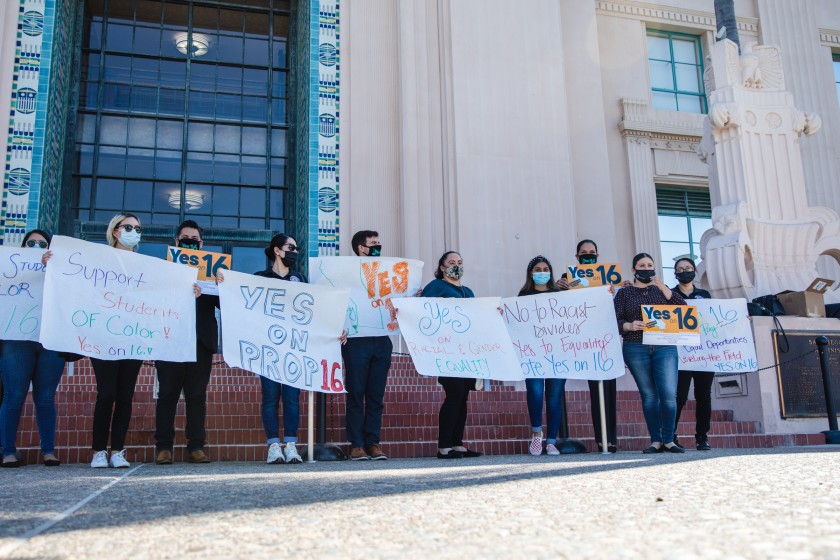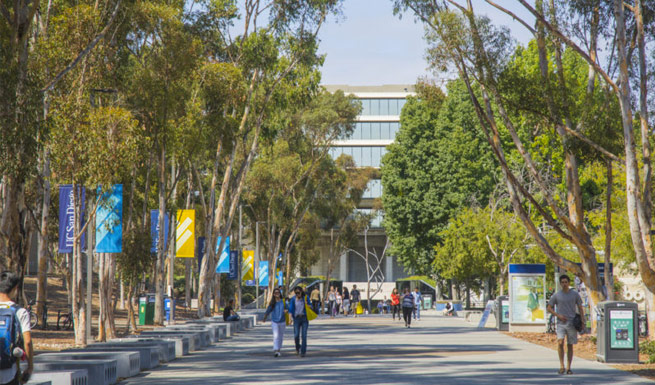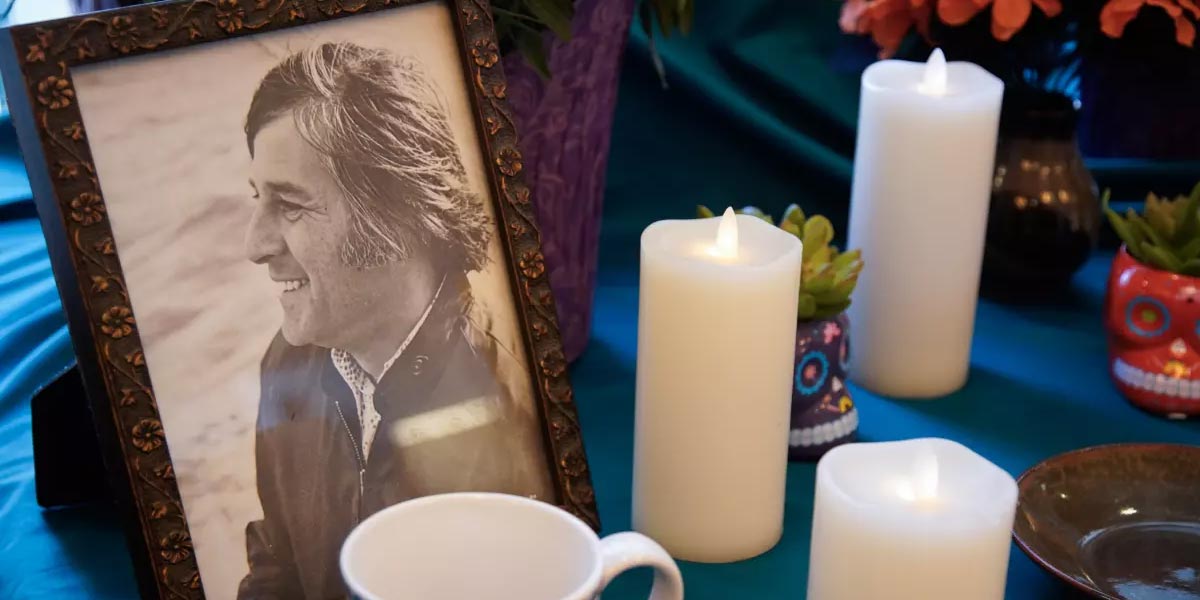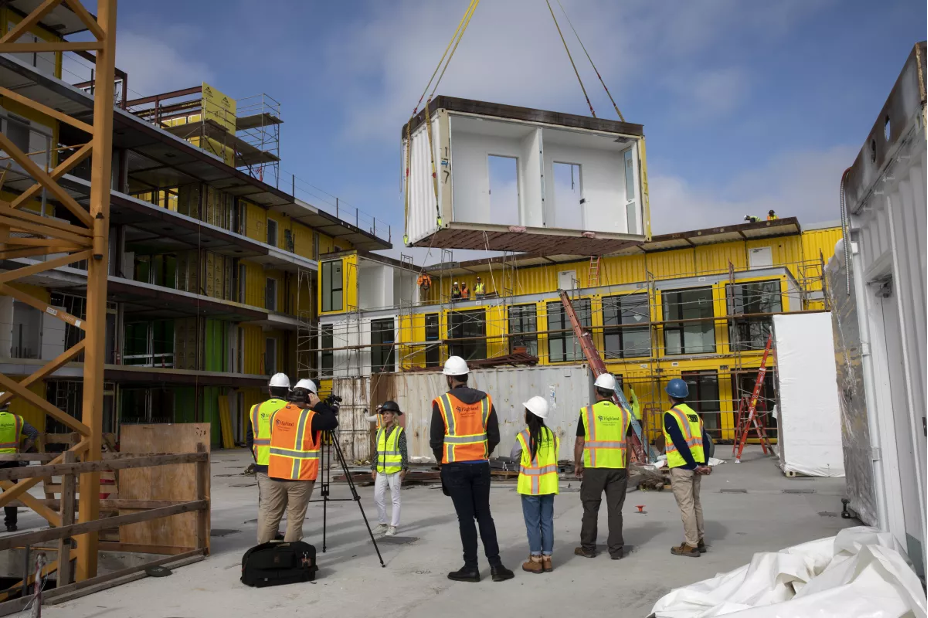This article first appeared in the Voice of San Diego Opinion Section
To speak about injustice means we must acknowledge the anchors that have kept certain communities in our region down for generations and the role we play in the perpetuation of that inequity.
As a young white man growing up in the almost-all-white suburbs of Detroit, I was afforded opportunities that many of my peers, who lived just a few miles away, never had access to, largely because of my gender and skin color.
Those disparities became even more apparent when I graduated from college and entered the workforce within the higher education sector. Within the university system, it was hard to ignore the clear difference among “the have not” students who had to contend with so many more issues and work so much harder than their “have” classmates to achieve the same level of success. Most often, those students with greater barriers in their way were female, Black or Latinx. Many of these students with whom I worked faced intense pressure to succeed and be one of the first in their family to go to college.
While I will forever feel blessed for the opportunities I received throughout my life, I also recognize that not everyone can say the same. Far too many young people and leaders are left behind because as a community we are not willing to admit that we still have work to do.
[pullquote]Far too many young people and leaders are left behind because as a community we are not willing to admit that we still have work to do.[/pullquote]Reversing hundreds of years of racism, sexism and discrimination in our society will require everyone and every tool available, at both the community and the policy level. That’s why Proposition 16 is so critical.
In 1996, through the passage of Proposition 209, California voters banned consideration of race, sex, color, ethnicity or national origin in public systems, such as employment, education, and contracting in the state.
Since then, research has revealed that underrepresented communities are falling further behind their traditionally well-represented white peers. According to the Bureau of Labor Statistics, women are paid, on average, 82 cents for every dollar paid to men. That number decreases even more when comparing women of color and white women. Additionally, data from the Urban Institute reveals that Black and Latinx Californians are consistently unrepresented in the state’s universities yet overrepresented among unemployed residents, a disparity that has widened since California’s ban on affirmative action nearly 25 years ago.

Proposition 16 will advance equity by allowing state agencies and organizations to adopt equity-driven policies and programs that are consistent with federal and state law related to equal protection. Currently, California is one of only a few states to outlaw equal opportunity policies. Proposition 16 won’t resolve every injustice, but it will remove many of the roadblocks and barriers that exist for certain communities across education, housing, employment, health care and more.
The events of 2020 have challenged each of us to educate ourselves further and decide what role we can play in creating a more equitable society.
As CEO of The San Diego Foundation, I continuously explore how, with the generosity of our donors and thought-partnership of community leaders, I can help create a more just and equitable region. The mission and values of The San Diego Foundation compel me to take steps forward for the benefit of those among us who are under-resourced and under-represented in society.
We have a responsibility to help on the hard, intransigent issues that weigh down San Diegans and make them feel hopeless. We must provide hope. We must help people kick fear out. We must provide equality in opportunity so all San Diegans can live the life they dream about.
Coming together takes courage. The courage to change. The courage to advocate. And yes, the courage to vote.
Philanthropy at its core is the love for humankind, and I can think of no greater policy that reflects a love for all humankind than Proposition 16. This November, I encourage San Diegans to consider how Proposition 16 aligns with their values and addresses many of the racial and gender equity challenges we are still working as a community to resolve.




